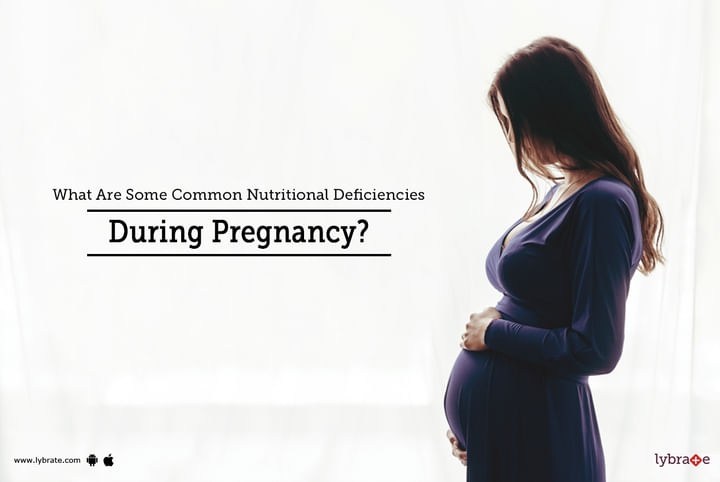What Are Some Common Nutritional Deficiencies During Pregnancy?
In India, pregnancy is a complicated issue. Young, expecting mothers face several challenges from not having a complete understanding of physical changes to performing physically and mentally stressful work throughout their pregnancy. Under such circumstances, the mothers must get access to the proper nutrition that can ward off many complications arising in the later stages of pregnancy, from nutritional deficiencies.
- Iron - This is the most common nutritional deficiency and can be fatal during pregnancy. Iron is the major element haemoglobin found in the red blood cells responsible for carrying oxygen. During pregnancy, the volume of blood in the body increases and so does the need for iron. Deficiencies can lead to anaemia, hamper the development of the baby, and be life-threatening if postpartum haemorrhage or severe blood loss takes place during vaginal deliveries.
- Calcium - Calcium is the base element of bones and teeth. Failing to meet the calcium requirements during pregnancy can be detrimental to the strength of bones and teeth of your developing. It also plays a significant role in the proper functioning of the nervous system, muscles, and circulation.
- Vitamin D - Vitamin D is a necessary element that promotes the absorption of calcium in the body. Vitamin D deficient diet can result in abnormalities of the bone structure, fractures, rickets, etc. in the newborn baby. Besides supplements, fatty fish is the best source of Vitamin D.
- Iodine - Iodine deficiency affects the thyroid gland responsible, which is responsible for metabolism. It produces the thyroid hormone; whose requirement increases up to 50% for pregnant women. Studies have shown challenged mental development due to a deficiency of iodine during pregnancy.
- Zinc - Zinc plays a vital part in preventing miscarriages in the first few months of your pregnancy. Zinc affects the DNA synthesis of the developing child in the womb and minimizes the risk of low birth weight of the child. Zinc is abundantly available in nuts, beans, and fortified cereals.
- Omega3 Fatty Acids - Omega-3 fatty acid plays an essential role in the development of the baby’s brain and increases the learning capacity. The risk of low birth weight and mental retardation in the baby, as well as postpartum depression, increases from its deficiency during pregnancy.
Nutritional deficiency is as harmful as too much of a particular food group in the diet. A balanced and healthy diet must be the primary objective during pregnancy. While you ensure that you and your loved one does not suffer from these common nutritional deficiencies, be sure to keep all the appointments with your obstetrician to make your journey to motherhood smooth and free of complications.



+1.svg)
